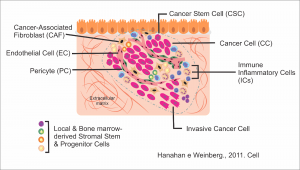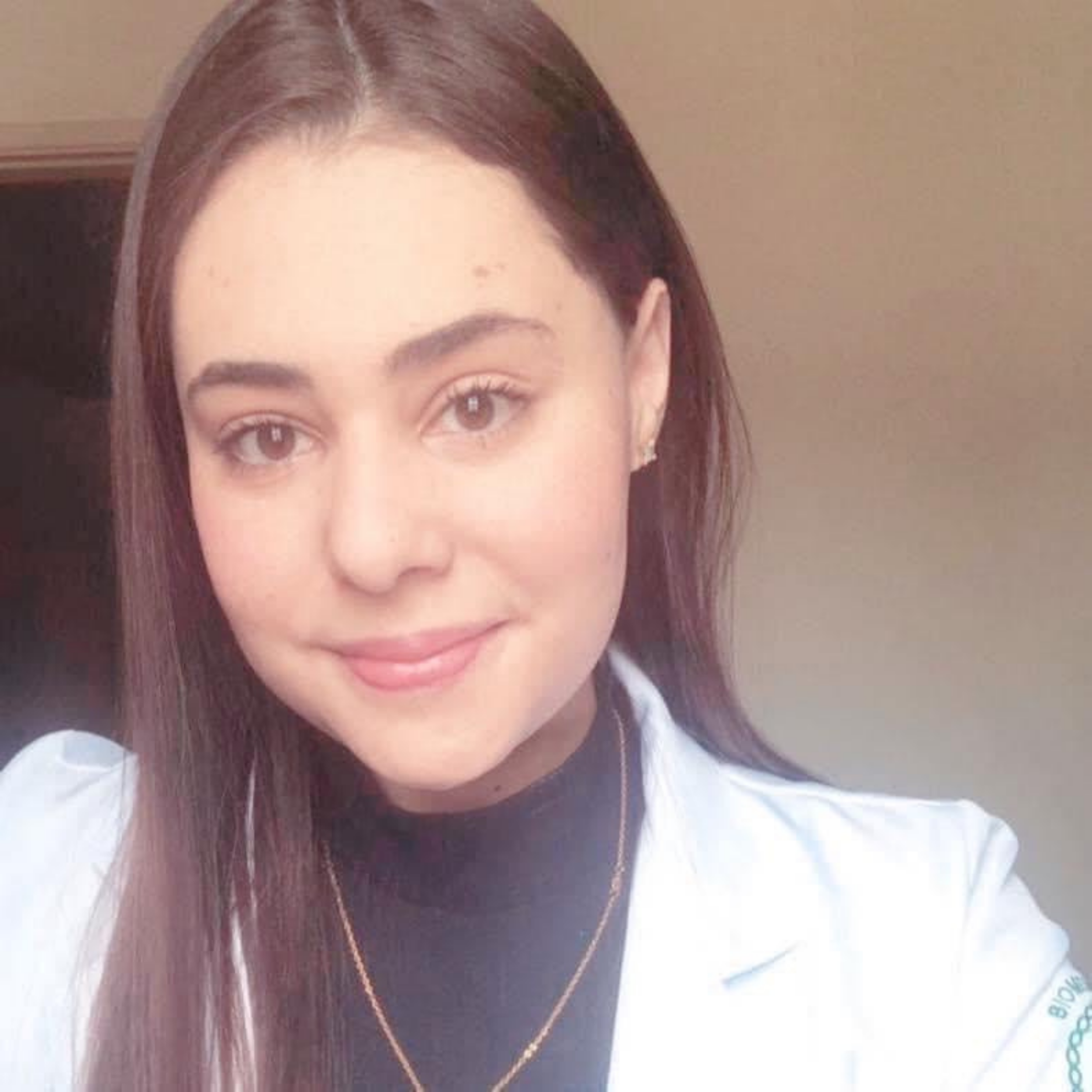Alice Marcela Sampaio Del Colletto
Advisor: Dra. Ana Claudia Oliveira Carreira
Collaborators:
Dra. Aline Ramos Maia Lobba (Instituto Butantan)
Dr. Bernardo Gomes Lacerda Almeida (Laboratório CIP – Centro Integrado de Patologia, Hospital Beneficência Portuguesa, São Paulo)
Graduated in Biomedicine at Nove De Julho University with experience in history of technology and anatomy. Direct PhD student at the postgraduate program of Domestic and Wild Animal’s Anatomý at the School of Veterinary Medicine and Animal Science of the University of São Paulo (USP). She develops her doctoral work in the breast cancer area analyzing the role of CD90/Thy1 in the microenvironment of breast carcinoma.
Analysis of CD90/THY-1 in breast cancer stromal cells.
Breast neoplasm is a major public health problem. Breast cancer is a heterogeneous disease, resulting from gene and chromosome alterations that deregulate the mechanisms of cell cycle control. Several factors are related to the increased risk of this neoplasm. Immunological markers are used to target/direct specific treatment.
In recent years, the mesenchymal stem cell marker CD90/Thy-1 has been identified in several types of cancer. Using the TMA (Tissue MicroArray) technique, our group demonstrated a relationship between CD90 and the basal-similar subtype of breast carcinoma, which has a worse prognosis and lower survival.
Recently, several studies have been clarifying aspects of tumor-stroma interactions, and it is increasingly known that the acquisition of the malignant phenotype does not depend exclusively on intrinsic properties of the tumor cell, but also on characteristics of the tumor microenvironment.
The involvement of CD90 in this stroma-epithelium interaction has been described as being of great importance in the development and progression of prostate cancer. Knowing the involvement of CD90 in the stroma-epithelium interaction in prostate cancer, the understanding of this molecule’s role in the breast carcinoma’s microenvironment becomes necessary.
In vitro culture of mammalian cells has been routinely performed in our laboratory for over 30 years and CD90 has been studied in the breast cancer model for 10 years (Lobba et al., 2012; Lobba et al., 2018). In addition, our lab is a reference in cancer-related studies, including breast cancer, and it has available several tumor cell lines that present different degrees of malignancy.
The purpose of our study is to analyze breast cancer stromal cells and to understand the role of CD90 in stromal-epithelium interaction during malignant transformation and in the cellular heterogeneity typical of breast tumors. The result of this project may contribute both to the understanding of the breast tumor microenvironment and to the development of new clinical protocols for diagnosis and prognosis and new therapeutic strategies.
(Figure bellow)


